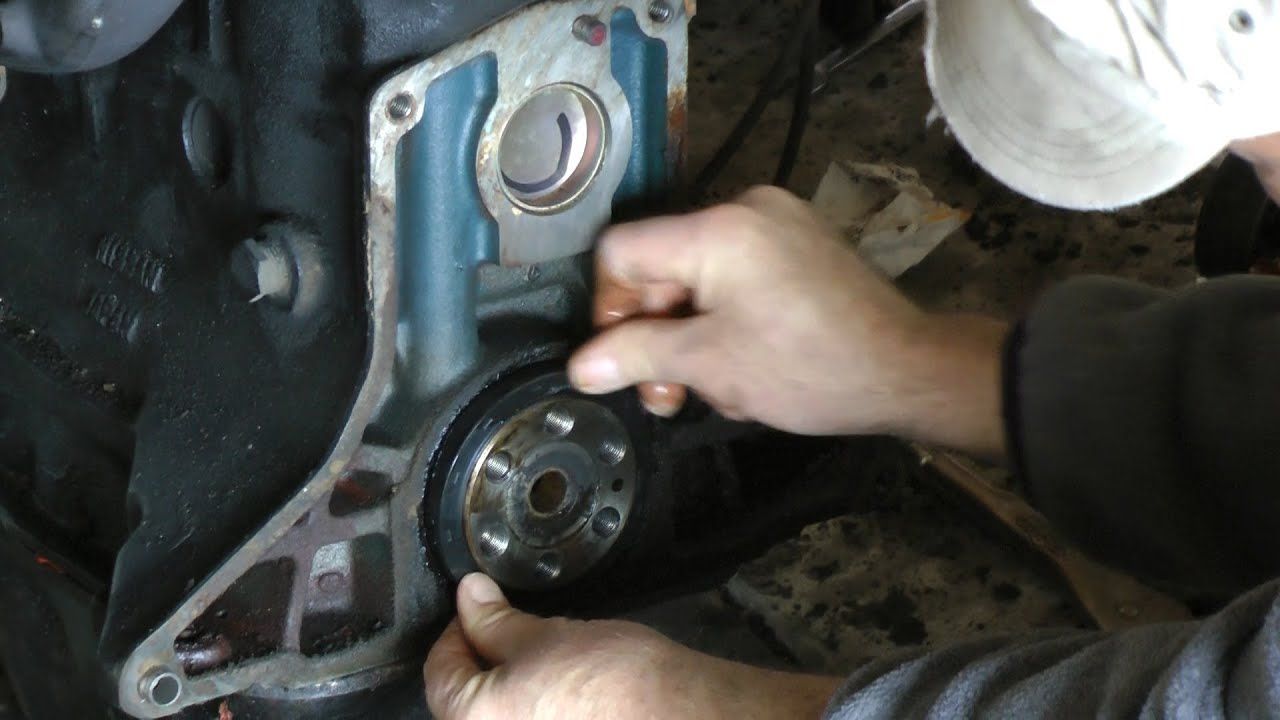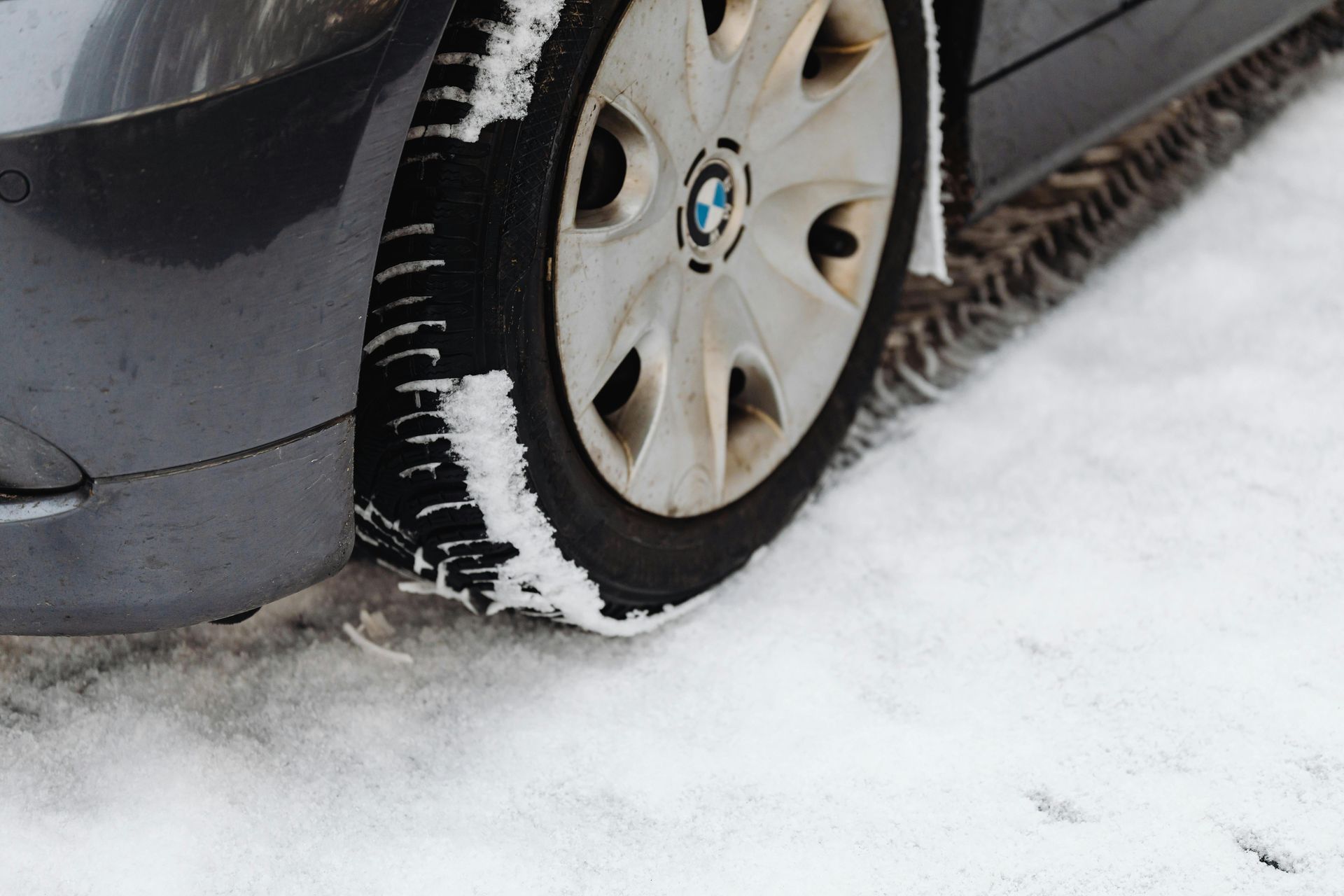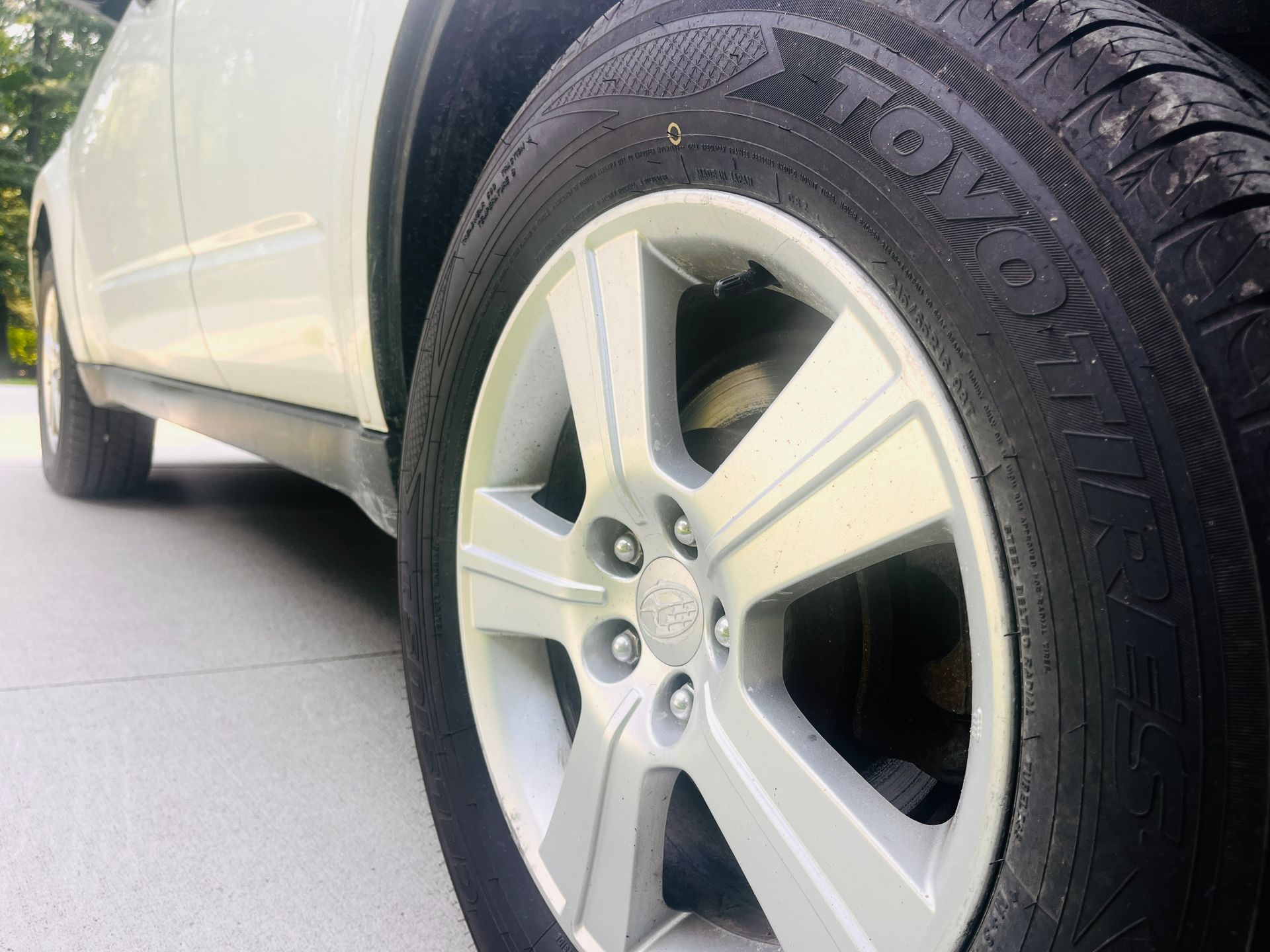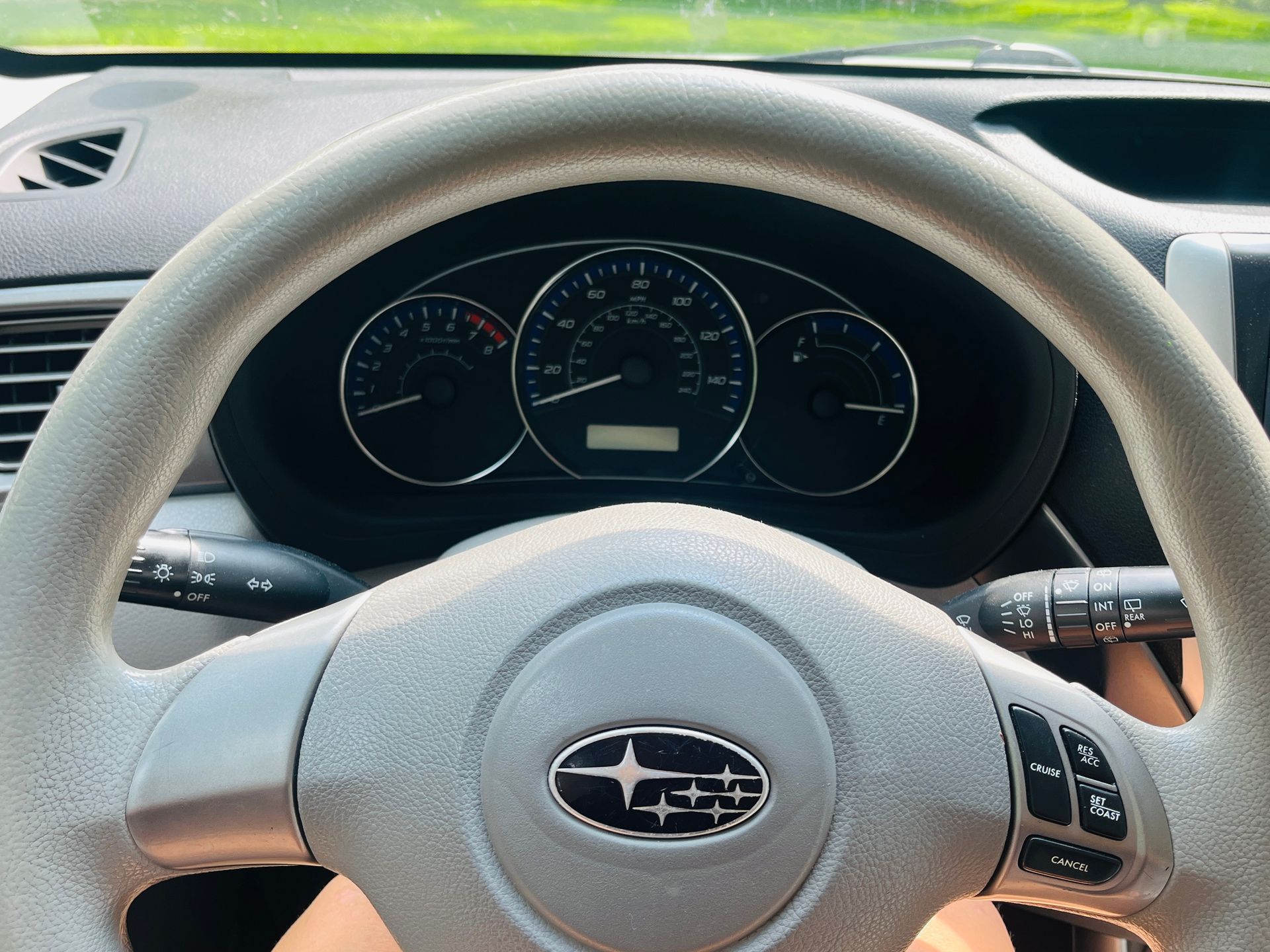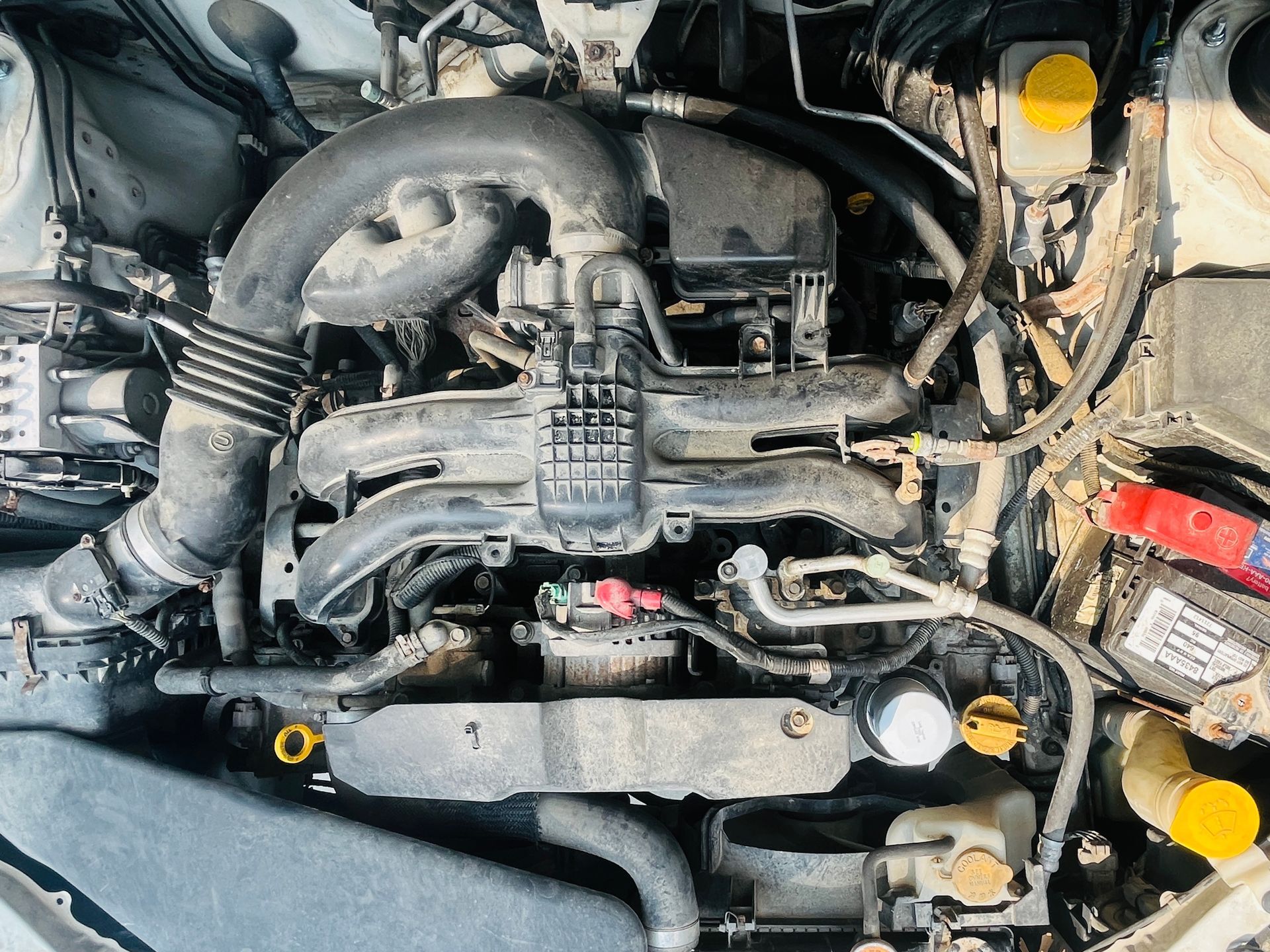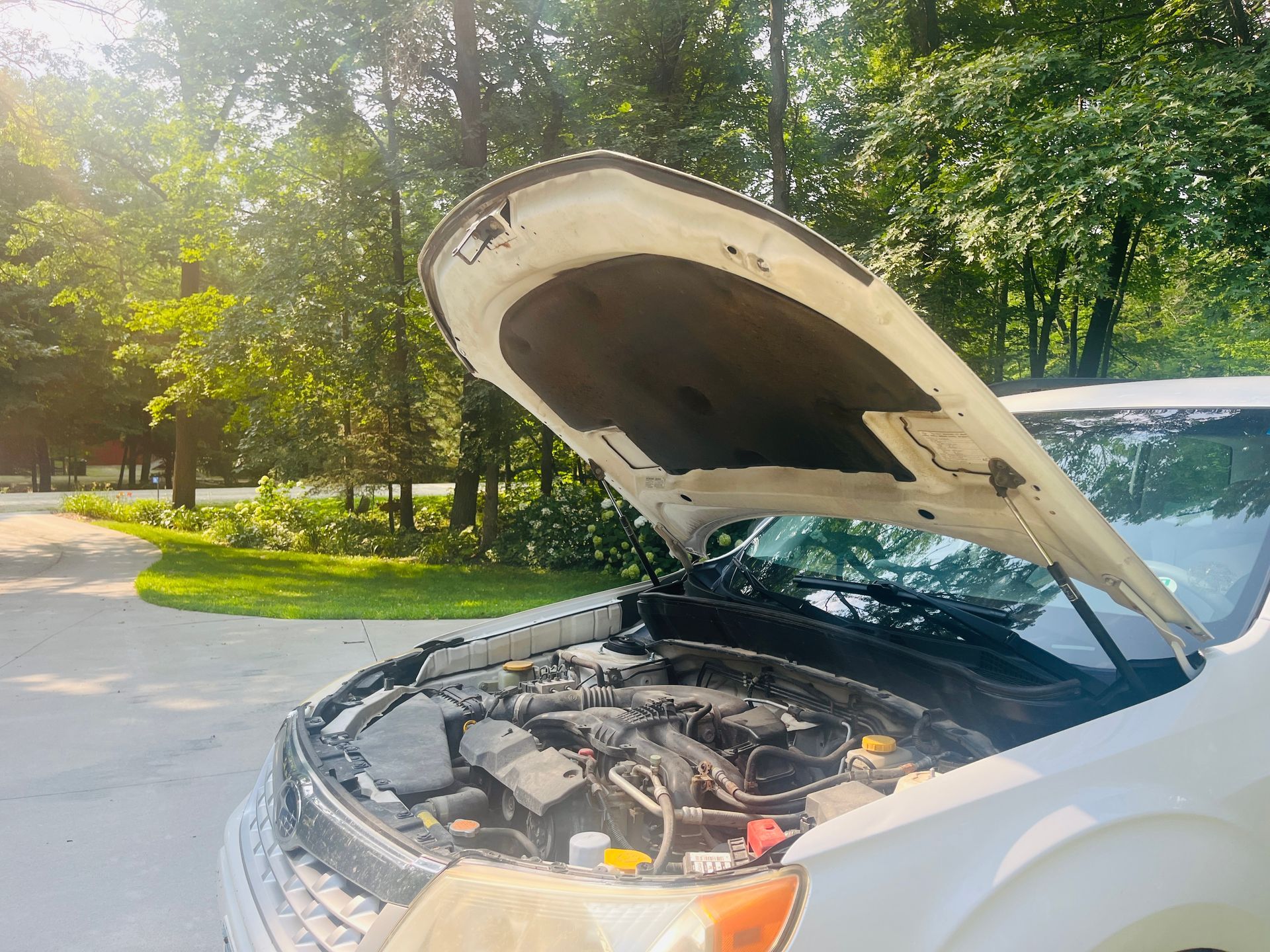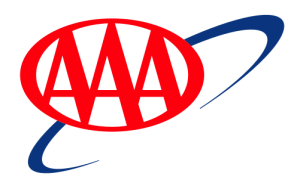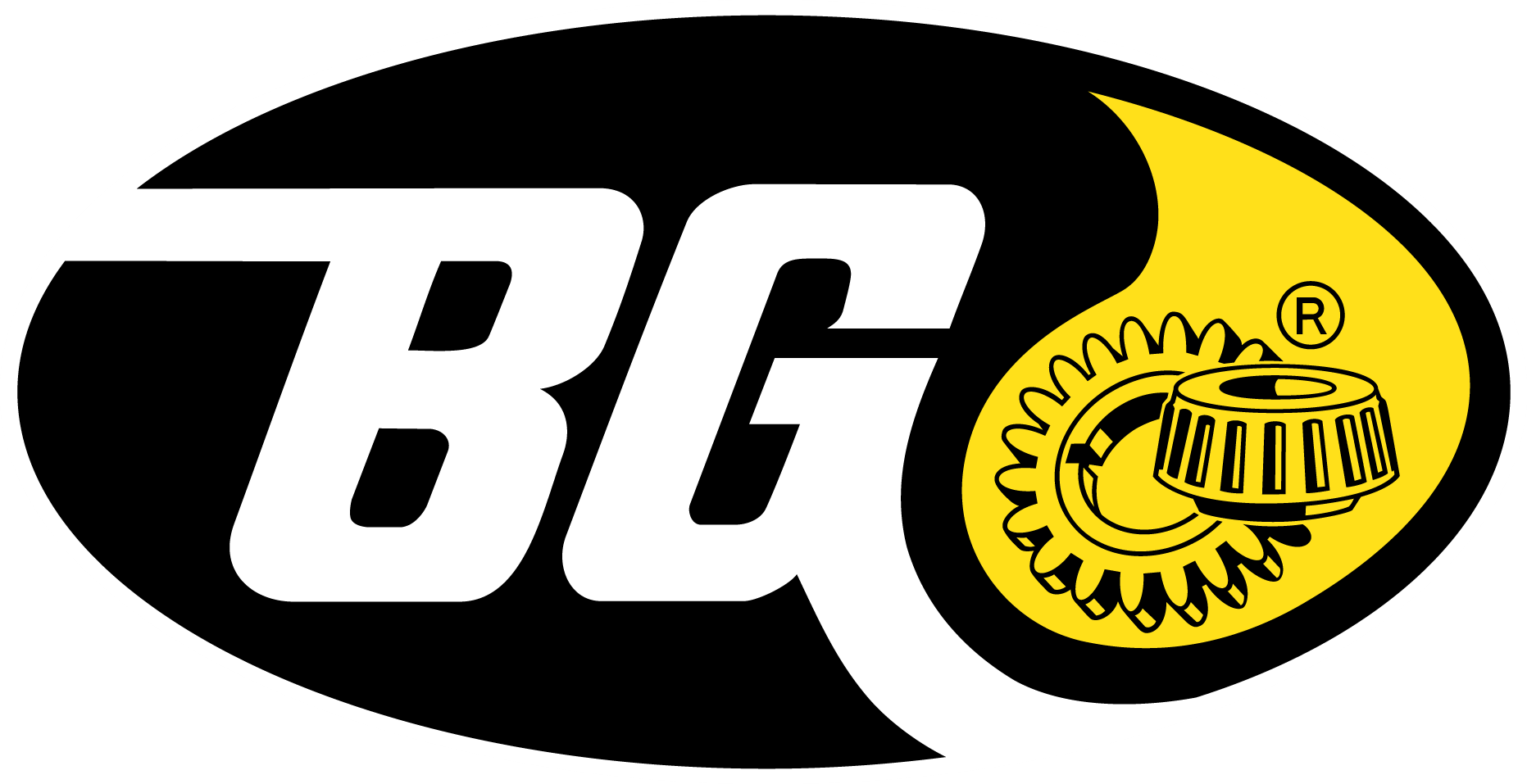What Happens When You Put the Wrong Type of Gas in Your Car?
June 24, 2024
Understanding and Recovering from Misfueling Mishaps
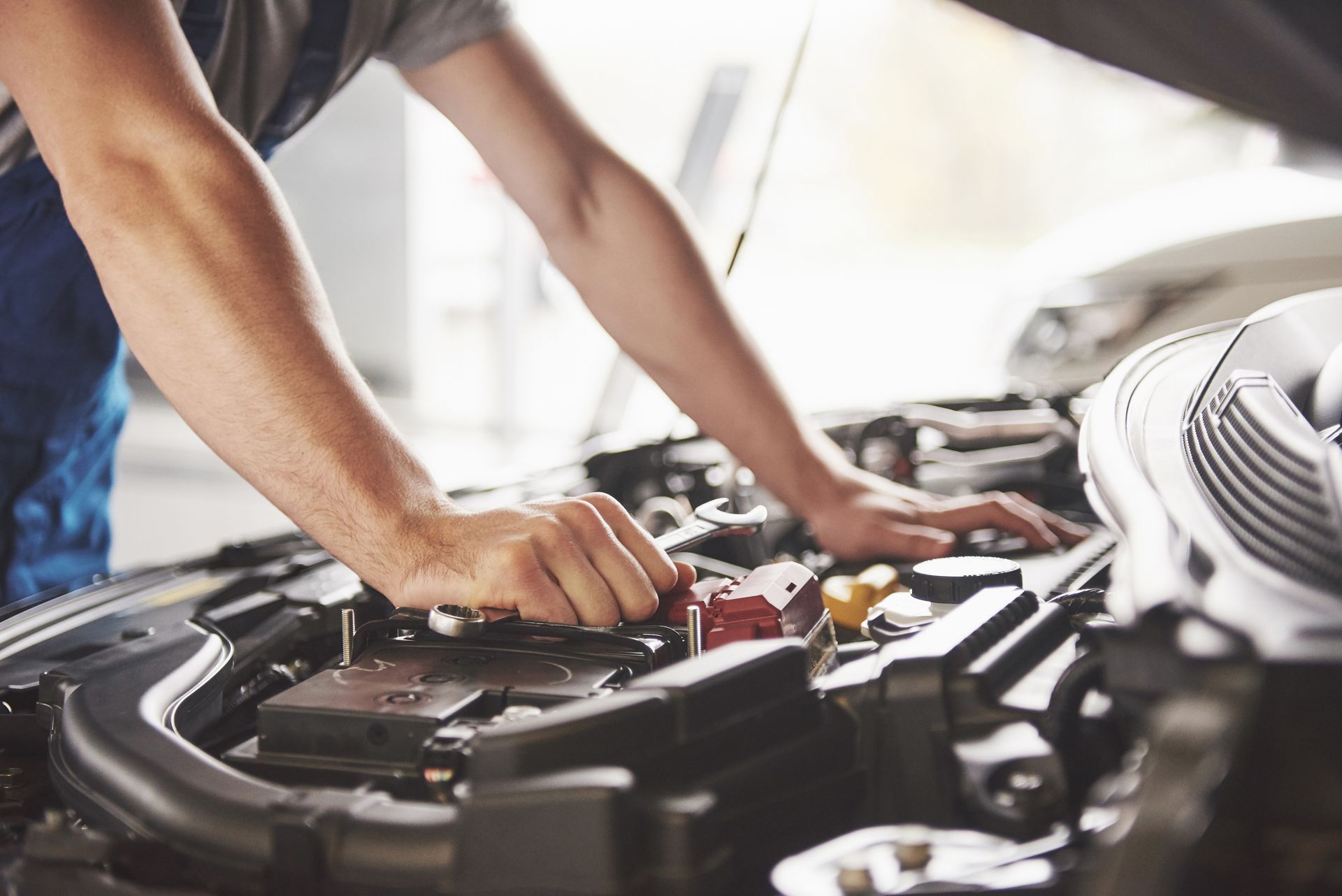
Mistakes happen. You're at the pump, distracted or in a rush, and before you know it, you've put the wrong type of fuel in your car. Misfueling is a common but serious mistake that can have significant consequences for your vehicle. In this blog post, we'll explore what happens when you put the wrong fuel in your car, including different scenarios and their consequences, symptoms of using the wrong fuel, and the steps to take if you find yourself in this situation.
What Happens If You Put Premium Gas in a Car That Takes Regular?
Putting premium gas in a car that takes regular fuel generally doesn’t cause harm. Premium gasoline has a higher octane rating, which helps prevent engine knocking in high-performance engines. In a regular car, you won’t experience significant benefits from using premium fuel. The engine won't gain extra performance or efficiency, meaning you're likely just spending more money without noticeable advantages.
What Happens If You Put Regular Gas in a Car That Takes Premium?
Using regular gas in a car that requires premium gasoline can lead to engine knocking or pinging. Premium-required engines are designed for high-octane fuel, which prevents premature fuel combustion. When regular gas is used, it can combust too early, causing knocking. Over time, this knocking can damage engine components. In the short term, you might notice reduced performance, lower fuel efficiency, and potentially a check engine light.
What Happens If You Put Diesel in a Gas Car?
Diesel fuel is not compatible with gasoline engines. If you accidentally put diesel in a gas car, do not start the engine. Diesel is thicker and oilier than gasoline, and it can clog the fuel injectors and filters. If the engine is started, the car might run poorly, produce excessive smoke, and eventually stall. Long-term damage can occur if diesel circulates through the fuel system, necessitating extensive repairs.
What Happens If You Put Gas in a Diesel Car?
Putting gasoline in a diesel car is also a serious mistake. Diesel engines rely on diesel fuel's lubricating properties, which gasoline lacks. Without proper lubrication, parts of the engine may grind together and cause significant damage. The fuel system will need to be drained, damage to the fuel pump and injectors must be addressed, and potentially a complete engine rebuild or replacement may be necessary.
Symptoms of Using the Wrong Fuel
Here are some common symptoms indicating you've used the wrong type of fuel:
- Engine Misfiring or Knocking: Unusual noises from the engine.
- Poor Performance: Decreased acceleration and power.
- Stalling: The engine may cut out or stall unexpectedly.
- Excessive Smoke: Unusual amounts of exhaust smoke.
- Check Engine Light: The dashboard warning light may illuminate.
Steps to Take If You've Misfueled
- Do Not Start the Engine: If you realize the mistake before starting the car, avoid turning on the engine.
- Call for Help and Tow the Car: Contact a professional mechanic or auto repair service such as Babcock Auto Care.
- Drain the Fuel: A professional will need to drain the incorrect fuel from the tank and flush the system.
- Check for Damage: Have your car thoroughly inspected for any damage to the fuel system or engine.
Repair Process
Repairing a misfueled car typically involves draining the fuel tank, flushing the fuel system, and replacing any damaged components such as fuel pumps or injectors.
Putting the wrong type of fuel in your car can be a costly and stressful mistake. By understanding the symptoms and knowing what steps to take, you can minimize damage and get back on the road quickly. If you ever find yourself in this situation, trust the experts at Babcock Auto Care in Rochester, MN, to provide the necessary repairs and get your car running smoothly again. For all your auto repair needs, including fuel system issues,
schedule your appointment with us today!

